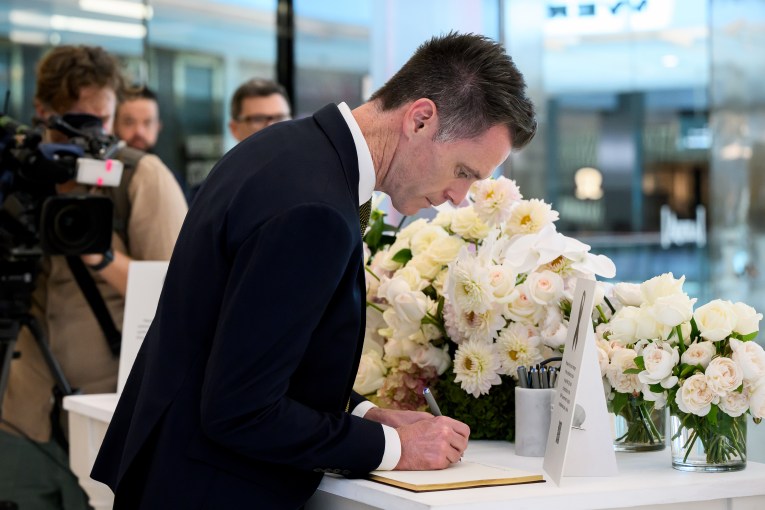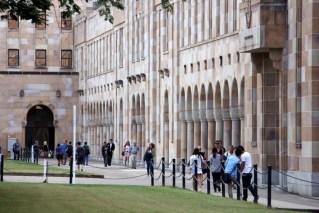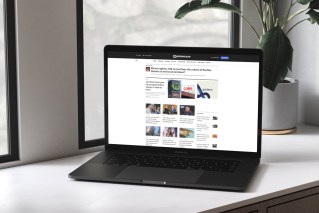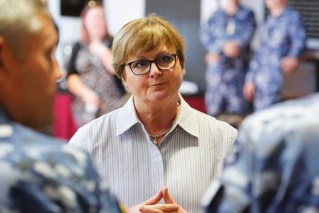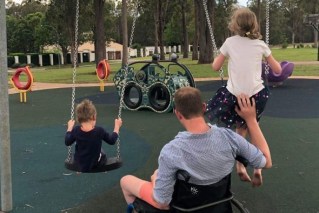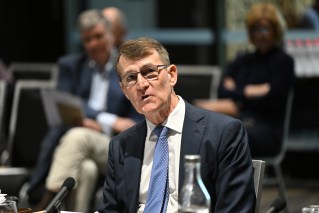Sudden vaccination rush puts pressure back on supply chain
Scott Morrison is under mounting pressure to speed up the sluggish national vaccine rollout as Victorian coronavirus numbers creep up and NSW investigates a potential hotel quarantine breach.
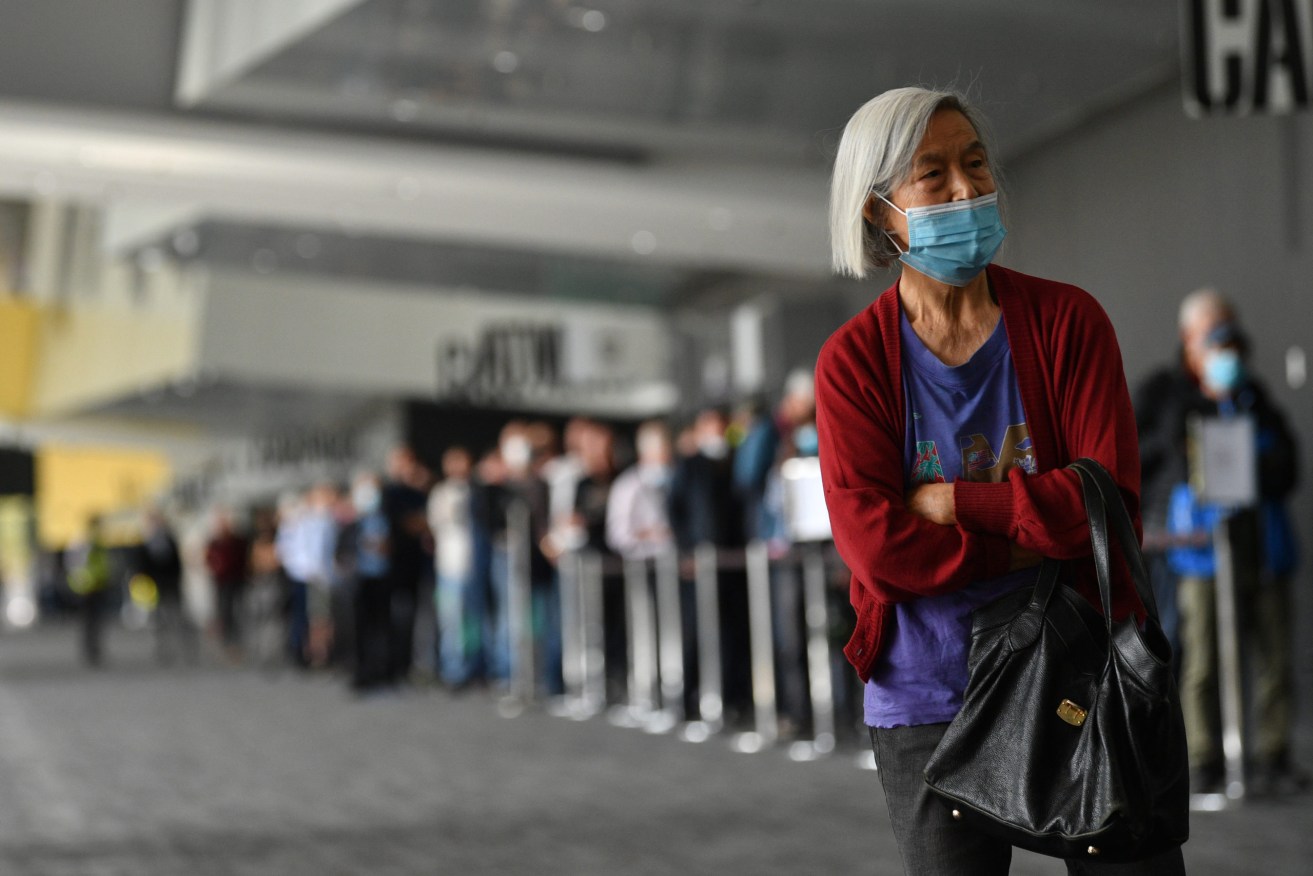
(AAP Image/James Ross)
Victoria has recorded five new cases in the past 24 hours, including two that were already confirmed from an apartment complex at Southbank in Melbourne.
Hundreds of residents at the complex have now been tested and forced into a 14-day lockdown.
The three other new cases are all linked to known outbreaks, so should not affect the further easing of restrictions across Melbourne.
Further north, NSW authorities are investigating whether there has been another case of coronavirus spreading among return travellers in hotel quarantine.
Another hotel quarantine breach would heap more pressure on the prime minister to overhaul the troubled regime, which has repeatedly failed.
Morrison is also under pressure to boost the delivery of COVID-19 vaccines as the rollout stalls in Victoria.
Victoria has delivered more doses than any other state as residents flood clinics following the state’s fourth lockdown.
The commonwealth has told all states and territories they do not need to stockpile second doses, driving up utilisation rates in some jurisdiction to more than 90 per cent.
It has forced Victoria to pause walk-in vaccinations at Pfizer hubs for the rest of the week in a bid to preserve supply.
ACTU secretary Sally McManus says the tight supply meant many disability and aged care workers still could not get their first jab.
“These workers were in the 1A priority group, which was meant to take six weeks to vaccinate, mostly through in-workplace vaccination programs,” she told AAP.
“It’s June, the federal government has abandoned workplace vaccinations and now there are no shots available for anyone in that group under 50.
“These are the workers who kept our community safe through the pandemic, working with and caring for our most vulnerable.”
Professor Catherine Bennett from Deakin University said there was always going to be a risk to supply when eligibility was widened.
“We have now got our military capacity in operations and logistics looking after this nationally, so hopefully we can deploy the vaccine to exactly where it is needed,” she said.
Meanwhile, the government is hopeful of being able to make cutting-edge coronavirus vaccines like the Pfizer and Moderna jabs in Australia within 18 months.
Industry department officials have said it could be three to four years before mRNA vaccines were made in Australia.
But Industry Minister Christian Porter said it could be more like 12 to 18 months.
Porter said four years would be an “absolute outside” time frame.
The government last month gave companies eight weeks to lodge applications to manufacture mRNA vaccines.
Pfizer is being imported as one of two coronavirus vaccines being used in Australia, before Moderna supplies arrive later this year.
The mRNA vaccines teach cells how to make a protein to trigger an immune response.
